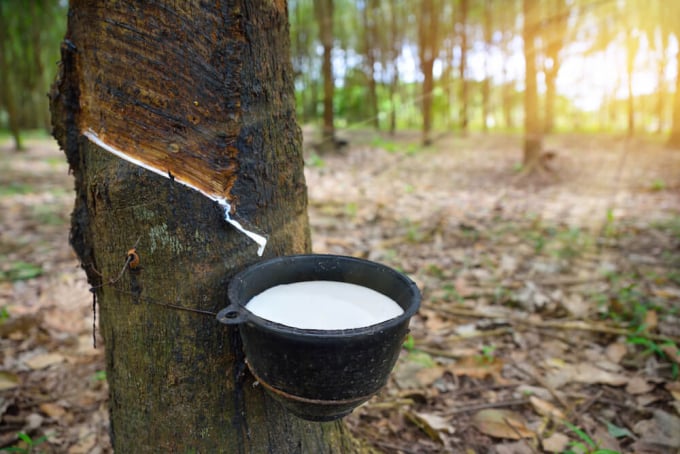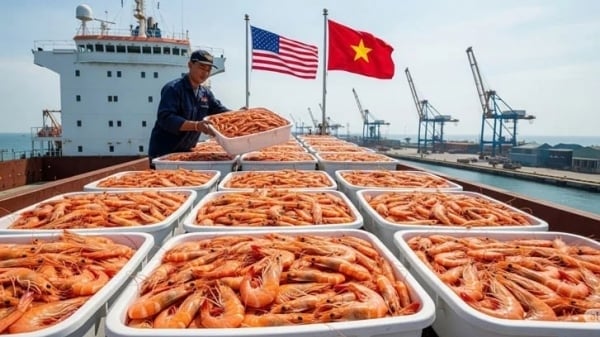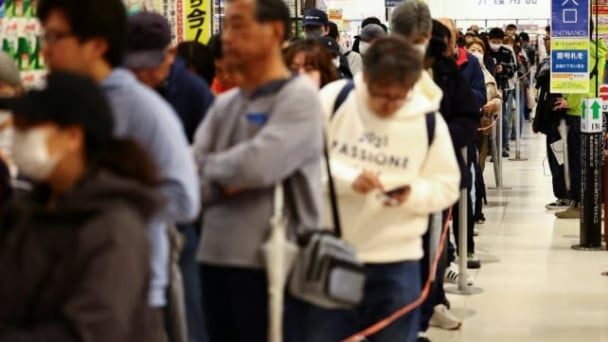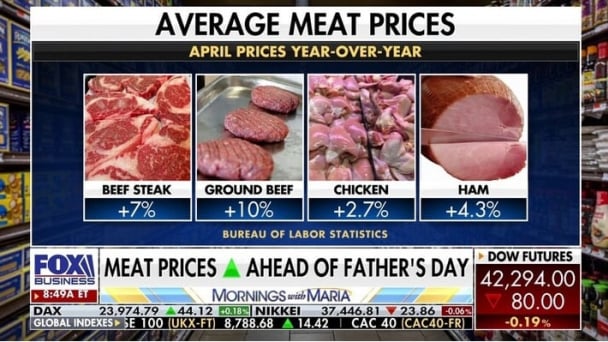June 13, 2025 | 23:58 GMT +7
June 13, 2025 | 23:58 GMT +7
Hotline: 0913.378.918
June 13, 2025 | 23:58 GMT +7
Hotline: 0913.378.918

Vietnam is the third-largest rubber supplier to India. Photo: TL.
India imported 1.2 million tons of rubber worth USD 3.75 billion in 2021, up 34.8 percent in volume and 37.5 percent in value year on year.
The five largest rubber suppliers to India were Indonesia, South Korea, Vietnam, Malaysia, and Thailand. Notably, rubber imports from these countries increased in both volume and value in compared to 2020.
Vietnam was the third-largest supplier of rubber to India in 2021, with 125.95 thousand tons worth USD 243.56 million, an increase of 85.9 percent in volume and 142.3 percent in value year on year. Vietnamese rubber contributed 10.5 percent of total rubber imports into India in 2020, a slight rise above the rate of 7.6 percent in 2020.
In terms of natural rubber types, Vietnam ranked second in India's market with 124.19 thousand tons valued at USD 237.35 million, an increase of 84.9 percent in volume and 138.8 percent in value year on year. Vietnam's market share of natural rubber was 23.6 percent of India's total imports in 2021, a significant rise from 17.8 percent in 2020.
Translated by Linh Linh

(VAN) Noting risks, report examines impacts of avian influenza, changing trade patterns since 2022, fish fraud, and shipping industry’s net-zero goals.

(VAN) Mr. Tran Quang Bao, General Director of the Forestry and Forest Protection Department, met and worked with the International Wood Products Association to promote cooperation in the field of timber trade.

(VAN) China's outbound shipments of rare earths in May jumped 23% on the month to their highest in a year, though Beijing's export curbs on some of the critical minerals halted some overseas sales.

(VAN) To sustain capital flow, administrative reform alone is not enough; what farmers truly need is an ecosystem where both government and businesses grow together in support.

(VAN) Vietnam and the United States are proactively working together, each in their own way, to ensure that every container of agricultural goods carries not just products, but also long-term trust and value.

(VAN) Stores have started selling rice from the government’s stockpile to feed demand for the staple.

(VAN) Omaha Steaks CEO says rebuilding cattle herds will take about a year to ease price pressures.